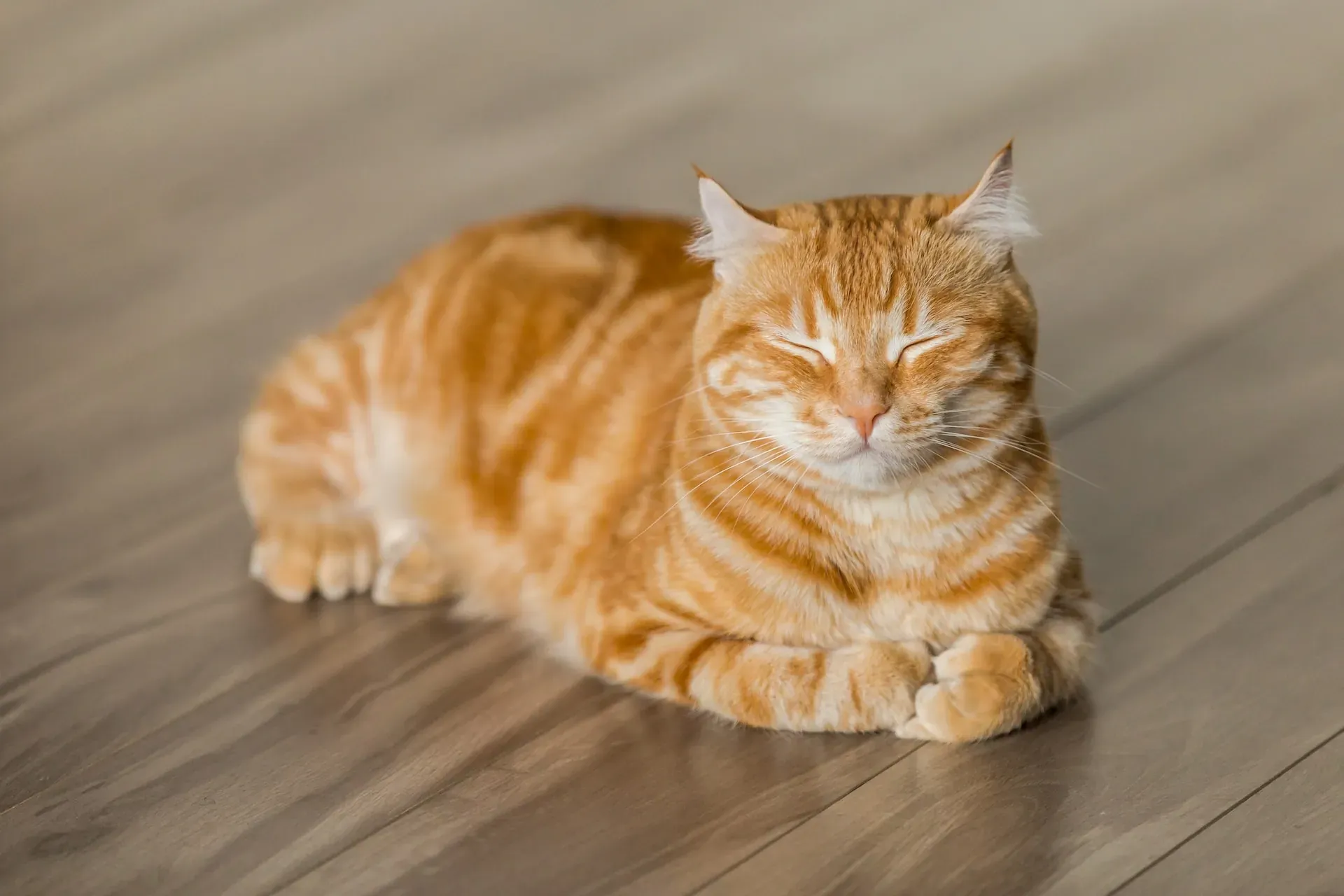Published: October 26, 2023
Last Updated: March 20, 2025
The initial cost
Before you even bring your new cat home, you'll encounter some initial costs.
Adoption or purchase:
The cost of adopting a cat from a shelter typically ranges from £40 to £120, depending on the organisation and location. If you opt for a specific breed from a breeder, the price can be much higher, sometimes reaching several hundred pounds.
Spaying/neutering:
This is essential to control the cat population and improve your pet's health. The cost for this procedure varies but generally falls between £40 and £160.
Vaccinations:
Kittens need a series of vaccinations to protect them from common diseases. The initial set of shots can cost around £80 to £160.
Microchipping:
To help ensure your cat's safe return if they ever get lost, microchipping costs around £40.
Supplies:
You'll need to purchase supplies like a litter box, cat carrier, food and water dishes, toys, scratching posts, and a bed. These initial expenses can add up to £80 or more.
Initial vet exam:
This usually costs around £40 to £80 to ensure your cat is healthy and doesn't have any hidden health issues.
Pet insurance:
While not mandatory, pet insurance can be a valuable investment, find out how much you could save with our free comparison tool.
Ongoing costs
Once your feline friend is settled into their new home, the ongoing costs come into play.
Food:
The cost of cat food can vary significantly depending on the brand and quality you choose. On average, you can expect to spend between £15 and £35 per month on cat food. High-quality, premium cat food might cost even more.
Litter:
Litter is a monthly expense, typically ranging from £5 to £15 per month, depending on the type you choose.
Healthcare:
Cats require regular veterinary care, including annual check-ups and vaccinations. You should budget at least £100 to £200 per year for routine healthcare, but this cost can increase if your cat develops health issues.
Flea and tick prevention:
These treatments are crucial to keeping your cat healthy and can cost around £80 per year.
Grooming:
While cats are generally self-sufficient when it comes to grooming, you may need to budget for occasional grooming if you have a long-haired breed.
Toys and entertainment:
Cats need mental and physical stimulation. Budget for toys, scratching posts, and interactive playtime to keep them happy and active.
Pet insurance:
Ongoing pet insurance premiums can range from £10 to £30 per month, depending on the level of coverage.
Boarding or pet sitters:
If you travel and can't bring your cat with you, you'll need to budget for boarding or a pet sitter, which can range from £10 to £30 per day.
Unexpected costs
It's important to be prepared for unexpected expenses that can arise over your cat's lifetime. These can include:
Emergency vet visits:
Cats can become ill or injured, requiring costly emergency veterinary care. These bills can range from a few hundred to several thousand pounds.
Dental care:
Dental issues are common in cats. You may need to budget for periodic dental cleanings and potential extractions, which can cost a few hundred pounds.
Medications:
If your cat develops a chronic condition, you may need to budget for ongoing medication expenses.
Behavioural training:
If your cat exhibits behavioural issues, you may need to consult a professional trainer or behaviourist.
The lifetime cost
Now, let's crunch the numbers to get an estimate of the total cost of cat ownership over their lifetime. A cat's lifespan can vary, but on average, they live for about 15 years. Here's a rough breakdown:
Initial costs:
These can range from £300 to £1,000 or more, depending on the cat's origin, breed, and individual circumstances.
Ongoing costs:
Over the course of 15 years, you can expect to spend around £5,400 to £8,100 or more, considering food, litter, healthcare, and other regular expenses.
Unexpected costs:
These can be highly variable, but it's a good idea to budget an additional £1,000 to £3,000 for unexpected expenses over a cat's lifetime.
Total estimated lifetime cost:
In total, the lifetime cost of cat ownership could range from £6,700 to £12,100 or more.
Remember, these numbers are estimates, and the actual costs can vary widely depending on factors like location, the cat's health, and individual choices regarding care and purchases.
You can’t put a price on companionship
Cats bring immeasurable joy and companionship into our lives, but it's essential to be aware of the financial responsibilities that come with cat ownership. By budgeting for the initial costs, ongoing expenses, and unexpected bills, you can ensure that your feline friend receives the care they need throughout their life without straining your finances. While the costs of cat ownership may seem significant, the love and happiness these animals bring into our lives make every pound worthwhile.
Another great way to take care of your cat and your finances is to find the best insurance deal for your needs. Use our review comparison tool and find an insurance deal today.
Was this article helpful?
